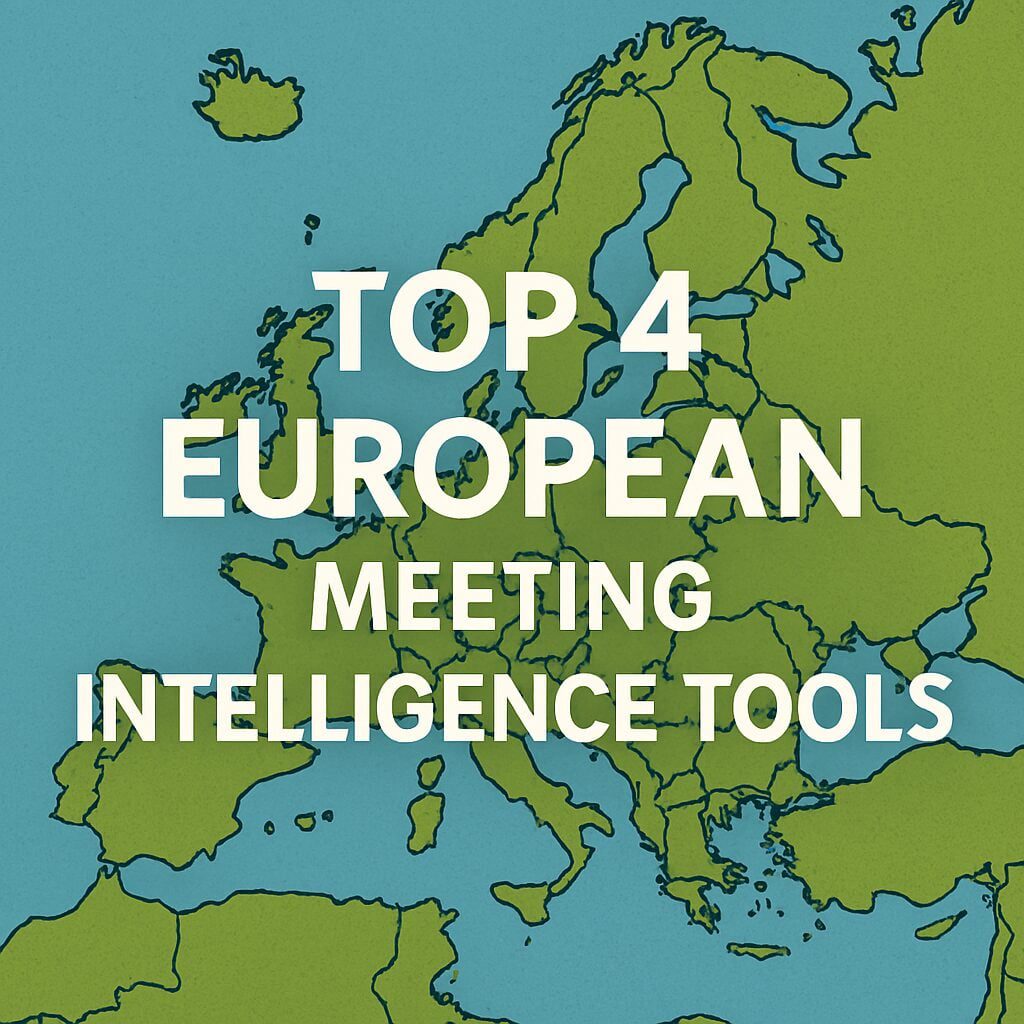Autonomy at work – sounds like a nice concept, right! But autonomy is also a skill you can learn, and once mastered it will transform your life.
When autonomy at work is applied, everyone wins: you win by doing what you love and getting real value from your efforts; the company wins by having a more productive team member who’s passionate about their job, and clients win because they get to buy creative products or services from motivated employees.
In this article, we will look together at how remote workers can become self-managed people – autonomous professionals – in order to work better for themselves, their companies, and society. It all starts with one simple commitment: treat yourself like an employee, not as an employer. This might sound counter-intuitive, so let me explain…
Table of Contents
Autonomy at work meaning
Let’s look at the meaning and definition of autonomy at work. Autonomy at work means being self-directed, being in charge of your own life and decisions.
Our lives can be complicated, so autonomy at work is just one part of the puzzle. In order to have autonomy, you need self-awareness, self-acceptance, and a healthy sense of self-esteem. You also need social awareness to understand how you fit into society – for example, what our role as a citizen means to us – and finally, you need an understanding of others’ minds i.e. empathy.
Self-management at work meaning
Similar to the meaning of autonomy at work, self-management means the art of balancing these four psychological needs (self, other, society) in order to achieve autonomy at work.
Self-management and autonomy at work go hand-in-hand: autonomy works if you manage your inner self (psychological), and manage the context in which you live (outer).
Self-leadership meaning
Again, similar to the concepts of autonomy at work and self-management, self-leadership means being in charge of your life.
Self-leadership is all about self, autonomy at work is autonomy combined with self-management and self-management equals autonomy combined with self-leadership. There’s no real difference between the three terms.
What is NOT autonomy at work
There are many things that autonomy at work is. We’re going to cover some myths and misconceptions too. Autonomy is not about becoming an egoistic lone wolf who acts with impunity! Autonomy at work is not about being self-entitled, self-concerned or selfish.
Autonomy at work is also different to control freak managers who are always trying to shift responsibility onto team members. Autonomy comes from autonomy itself – it’s the drive that keeps us going in times of challenge and difficulty. You can’t create autonomy via micromanagement where you’re constantly checking up on your teammates, but autonomy will grow inside you if you respect yourself enough to be in charge of your own life.
Autonomy is linked to self-management so when autonomy is used properly, autonomy becomes an unfair advantage – when combined with good time management techniques among other things. This leads us to the next topic…
The myth of the loner genius
A common mistake many people make is that autonomy means being a lone genius who can do everything by themselves – become fully independent! But this isn’t autonomy at work… it doesn’t lead anywhere good because eventually you will be called upon to collaborate on something or meet someone, so you need others’ trust, respect, to get autonomy at work. They need to know that you’re not selfish or self-entitled!
So autonomy must always be combined with good communication skills to win over others’ trust, which leads us neatly onto the next point…
Autonomy can’t be chosen
Many people believe autonomy is something that you either have or don’t have – autonomy comes naturally for some while it doesn’t come naturally to others. But autonomy at work is created by both autonomous and non-autonomous workers alike. There are strategies that apply to everyone regardless of their innate sense of autonomy.
The problem is many people fail to realize autonomy isn’t a freewill choice: autonomy and self-management go hand in hand and you can choose one (autonomy) without the other (self-management). Self-management practices will not exist in your life if you don’t want autonomy at work. You need both autonomy and self-management to get there.
So autonomy at work comes down to common sense, good habits, good behaviors – it’s an art that anyone can learn by using tried and tested techniques outlined here on SelfLeadershipBootcamp.com!
For example, autonomy starts with understanding yourself – finding out what type of person you are: introvert or extrovert? Thinker or feel.
So, now we know the meaning of autonomy at work – how to do it?
Let’s go over the best things you can do to foster autonomy at work as an employee or leader.
1. The autonomy mindset (psychological)
There’s a way to start thinking that will make autonomy at work much easier – in fact, autonomy at work becomes shockingly simple when you approach it with the right attitude. This is what has made us successful autonomy coaches for many years.
One thing we know about autonomy (both self-management and self-leadership) is that autonomy works if you manage your inner self (psychological), and manage the context in which you live (outer). Autonomy doesn’t come from trying to escape the world, but by mastering it!
2. Respect yourself enough to be autonomous & master your behavior
Self-autonomy starts with understanding how autonomy behaviors are linked to psychological states. These psychological states come from how you think and behave.
In a self-management context, autonomy behavior comes down to two things: mindset and process. The goal here is autonomy at work so you must be in charge of both your mind and your actions.
To get autonomy at work, the first step is to have a high degree of self-respect – by choosing autonomy behaviors that respect yourself enough to create autonomy for others, autonomy for team members, autonomy at work!
3. Approach everything with curiosity instead of fear
Fear can’t lead anywhere good because when we’re afraid we don’t learn anything new or interesting about ourselves or the world around us. People who are afraid will never become autonomous employees because they’ll always respond to situations with fear (following behaviors like accepting what’s given to them by others, not trusting their own insights and ideas).
Autonomous people are curious! They’re excited about life because autonomy at work means exploring what you can do. If autonomy is blocked then employees need to find ways around the block – they need autonomy hacks! Autonomy at work isn’t just about getting one task done it’s about exploring possibilities. When you get stuck following others’ rules or tools, autonomy hacking comes in handy. Curiosity helps overcome obstacles because autonomy requires exploration – so there must be a spirit of adventure when working towards autonomy at work!
4. Understand the context in which you live… and master it!
You can never escape the world, autonomy at work is about mastering it.
Autonomy starts with understanding the context of your world (and how it’s linked to self-management). If autonomy at work is blocked then autonomy hackers will get around this block by exploring possibilities, focusing on process instead of results, and following their own curiosity.
Understanding autonomy itself means understanding the different types of autonomy like self-leadership, self-management & self-reliance. Once you’ve mastered these 3 types of autonomy, autonomy at work becomes easier because there are specific ways to get each type of autonomy in place for employees! By mastering these contexts/types of autonomy/self-management practices you can start to foster real autonomy at work.
5. Always be clear on what matters most in your autonomy mission
If autonomy matters most then autonomy at work is all about getting this key principle in place. Everything else can be fixed later!
For example, autonomy is often defined by the ability to work on what you think is important rather than having others control when and how you do your work. Autonomy at work means choosing when to start and stop working – it’s up to each employee to find their own rhythm when it comes to autonomy! Some people like autonomy so much they think about autonomy itself 24 hours a day… but for most people autonomy means being free within boundaries. If you’re not sure where these boundaries lie then use self-management practices that help build trust with yourself or others (building autonomy at work) or autonomy hacks to get autonomy when it’s blocked.
6. Remember autonomy isn’t about doing everything yourself
Autonomy at work is about self-management but that doesn’t mean autonomy can be done in isolation! Autonomy requires teamwork and collaboration because autonomy itself comes from empathy with people or ideas that drive autonomy in the first place.
For example, if autonomy means choosing your own priorities then this means you must know what other people are working on too – to make sure nothing falls through the cracks. If autonomy means only answering to yourself when deciding when & how to do your work then you need to rely on your teammates for support (in order to become more autonomous). Understanding these boundaries of autonomy is key towards understanding what it takes for employees
Final thoughts about autonomy at work
Autonomy at work is an interesting concept. When it comes to autonomy at work – you need autonomy in order to build autonomy but needs must need to be balanced. Autonomy isn’t easy but the more autonomy hackers find autonomy hacks, the more autonomy they will get!
We hope you’ve enjoyed this article on autonomy at work and how these 6 tips can help your remote workers become self-sufficient, independent, and self-leaders – what are your thoughts? We’d love to hear them below! 🙂
Autonomy at work definition
Just in case you missed it earler, the autonomy at work definition means that we take full responsibility for our decisions; we make them to achieve our goals, not someone else’s. We recognize that every decision has a consequence – or consequence(s) – so we think ahead, plan thoroughly, and monitor ourselves along the way against predetermined criteria.




